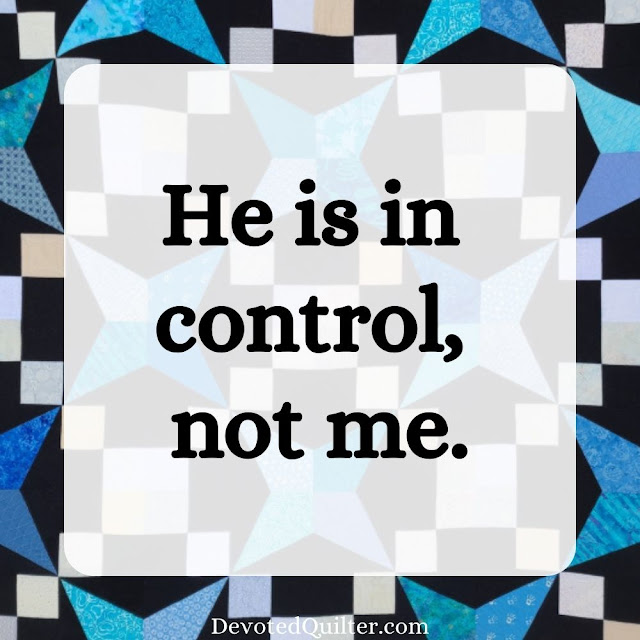Devotion for the Week...
Have you ever thought something along the lines of, "If I don't do it, it won't get done?" I know I have, and usually I was feeling pretty resentful when I did! When I was reading the book of Esther a while back in preparation for writing the Women of Wisdom devotions, I was struck by something Esther's uncle, Mordecai, said to her.
King Xerxes had issued a decree that all the Jews in the land could be killed on a specific day and Mordecai "tore his clothes, put on burlap and ashes, and went out into the city, crying with a loud and bitter wail" (Esther 4:1). When Esther heard this, she summoned Hathach, one of her attendants, and "ordered him to go to Mordecai and find out what was troubling him and why he was in mourning" (v. 5). Mordecai explained the whole situation and "asked Hathach to direct her to go to the king to beg for mercy and plead for her people."
I'm sure Esther was a little taken aback by this request, because Mordecai had to know that no one was allowed to go to the king without being summoned. Her message back to Mordecai has more than a hint of 'Are you crazy?' about it: "All the king’s officials and even the people in the provinces know that anyone who appears before the king in his inner court without being invited is doomed to die unless the king holds out his gold scepter" (v. 11).
Mordecai's response contains one of the most well-known phrases in the Bible. "Don’t think for a moment that because you’re in the palace you will escape when all other Jews are killed. If you keep quiet at a time like this, deliverance and relief for the Jews will arise from some other place, but you and your relatives will die. Who knows if perhaps you were made queen for just such a time as this?" (vv. 13-14).
It wasn't his 'such a time as this' line that caught my attention this time through, though. Instead I kept thinking about the idea that deliverance and relief would come from somewhere, even if Esther kept quiet. Mordecai was convinced that Esther could do something to rescue their people, but he also believed that if she chose to do nothing, God would rescue their people another way. Even as he pointed out that perhaps God had put her in position specifically to do this work, he also told her she wasn't the only one who could do it.
I'm fascinated by this idea that God has work He wants us to accomplish, but that He also has plans for that work to be accomplished in other ways if we don't do it. That He has work for us to do is clear: "For we are God’s masterpiece. He has created us anew in Christ Jesus, so we can do the good things he planned for us long ago" (Ephesians 2:10). And yet, if Mordecai is right, we aren't indispensable to God's plan. He will see the work gets done, regardless of whether or not we are the ones who do it.
Of course, that's exactly how it should be. He is in control, not me, so my actions (or lack thereof) shouldn't be able to derail His plans.


Thanks for the excellent thoughts. I appreciate the reminder that it is God who is in control. I don't need to wring my hands in despair because God is in control and he knows what the future holds. I appreciate your blog very much.
ReplyDelete